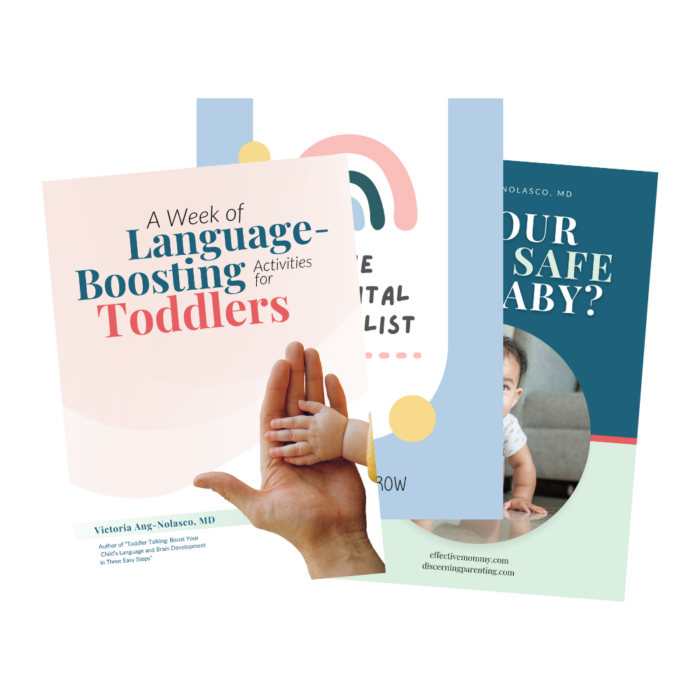Does Praising A Child Make Them Conceited or Spoiled?
Parenting comes with its own set of challenges, and one of the most debated topics is the use of praise. Some parents fear that overpraising their children might lead to entitlement or distract them from maintaining good behavior.
Others might argue that praise is unnecessary, citing their own upbringing as an example.
However, research and child psychology suggests that praising children is crucial for their development and growth. In this blog post, we will explore the importance of praise and how to do it effectively.
Why Praise Matters
Imagine playing a sport where you have to hit a target but never know whether you hit it or not. How can you improve if you lack feedback? The same principle applies to parenting. Praise acts as feedback for children, helping them understand when they are doing something right. Just like hitting a target and seeing the result, praise motivates and reinforces positive behavior.

The Research on Effective Praise
A research project involving 95 young children (5 to 6-year-olds) divided into four groups showed interesting results on different types of praise. The groups received praise in different ways:
- verbal trait (“You are a good drawer!”)
- verbal effort (“You did a good job drawing.”)
- verbal ambiguous (“Yeah!”)
- and gestural (thumbs up or high five).
Surprisingly, praising effort (“You worked hard!”) was more effective than praising traits (“You’re so smart!”). Even a simple “Yeah!” or expressions like “Awesome!” were more effective than praising traits. But the most motivating praise for these young kids was gestures like a smile, a hug, or a high five.
Applying Praise to Toddlers
Praising toddlers doesn’t have to be complicated. Simple gestures like a smile, a hug, or a high five can mean the world to them. These actions communicate love, support, and recognition of their positive behaviors. It shows them that their efforts and accomplishments are noticed and appreciated, boosting their confidence and motivation.
Free RESOURCE LIBRARY
Sign up below and get FREE access to the Discerning Parenting Resource Library!

The STAR© Praise Technique
To make praise effective and impactful, consider using the STAR© method:
Specific
Be specific about what behavior you are praising. Instead of vague statements like “You’re so well-behaved!” try saying, “I love how you took turns with your sister for the toy” or “I loved how you tried to answer the teacher’s question.” Specific praise helps children understand exactly what they did right and encourages them to repeat that behavior.
Timely
Children need immediate feedback. Waiting too long to acknowledge their positive behavior might lessen its impact. When you notice your child doing something well, acknowledge it right away. This reinforces the connection between their actions and the praise they receive.
Praise Actions
Emphasize effort over perfection. Kids are constantly learning and growing, and it’s essential to appreciate their hard work and progress. Praising the effort they put into something encourages them to keep trying and learning.
Be Responsive
When praising your child, be fully present. Look them in the eye, smile, give a hug, or offer a high five. These responsive gestures deepen the connection between you and your child, making the praise more meaningful.
Conclusion
Praise is a powerful tool in parenting that can help raise confident and motivated children. By using the STAR© method – being Specific, Timely, Praising Actions, and Being Responsive – parents can effectively reinforce positive behavior and encourage their children to keep growing and learning.
Remember, every child has something worthy of praise, and acknowledging their wins can make a world of difference in their development and self-esteem. So, let’s shower our children with genuine praise and watch them thrive.


2 Comments
Comments are closed.